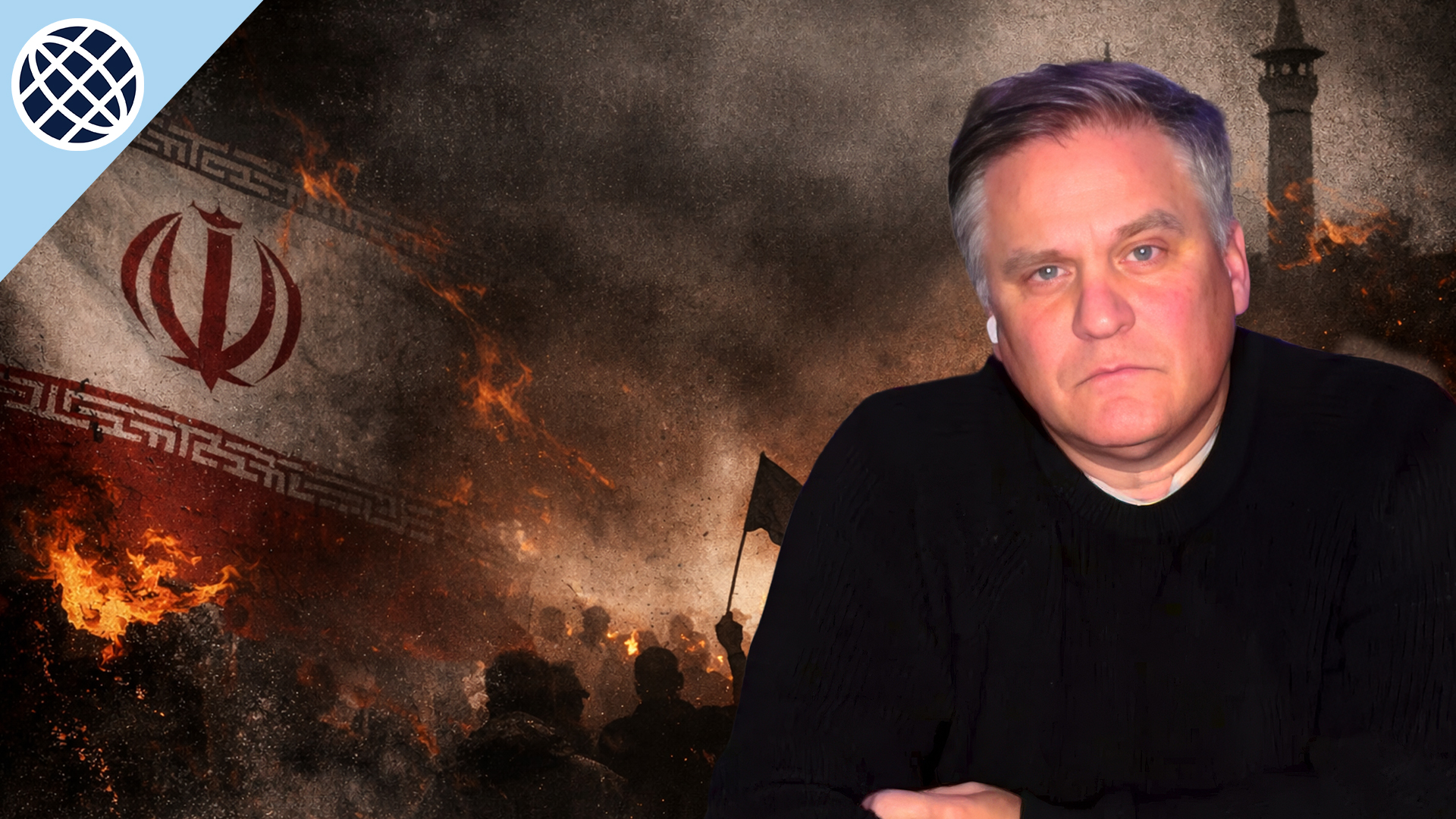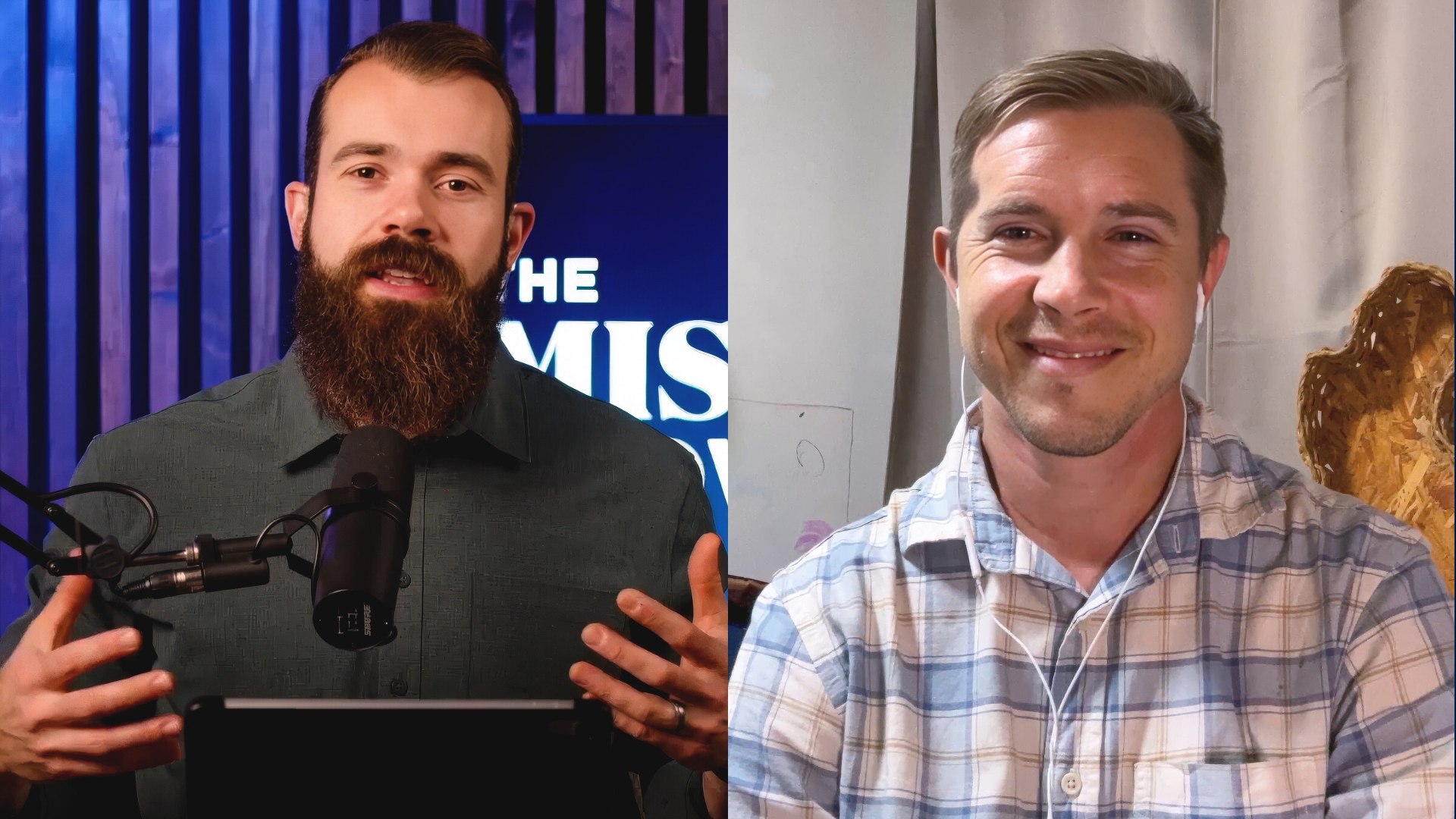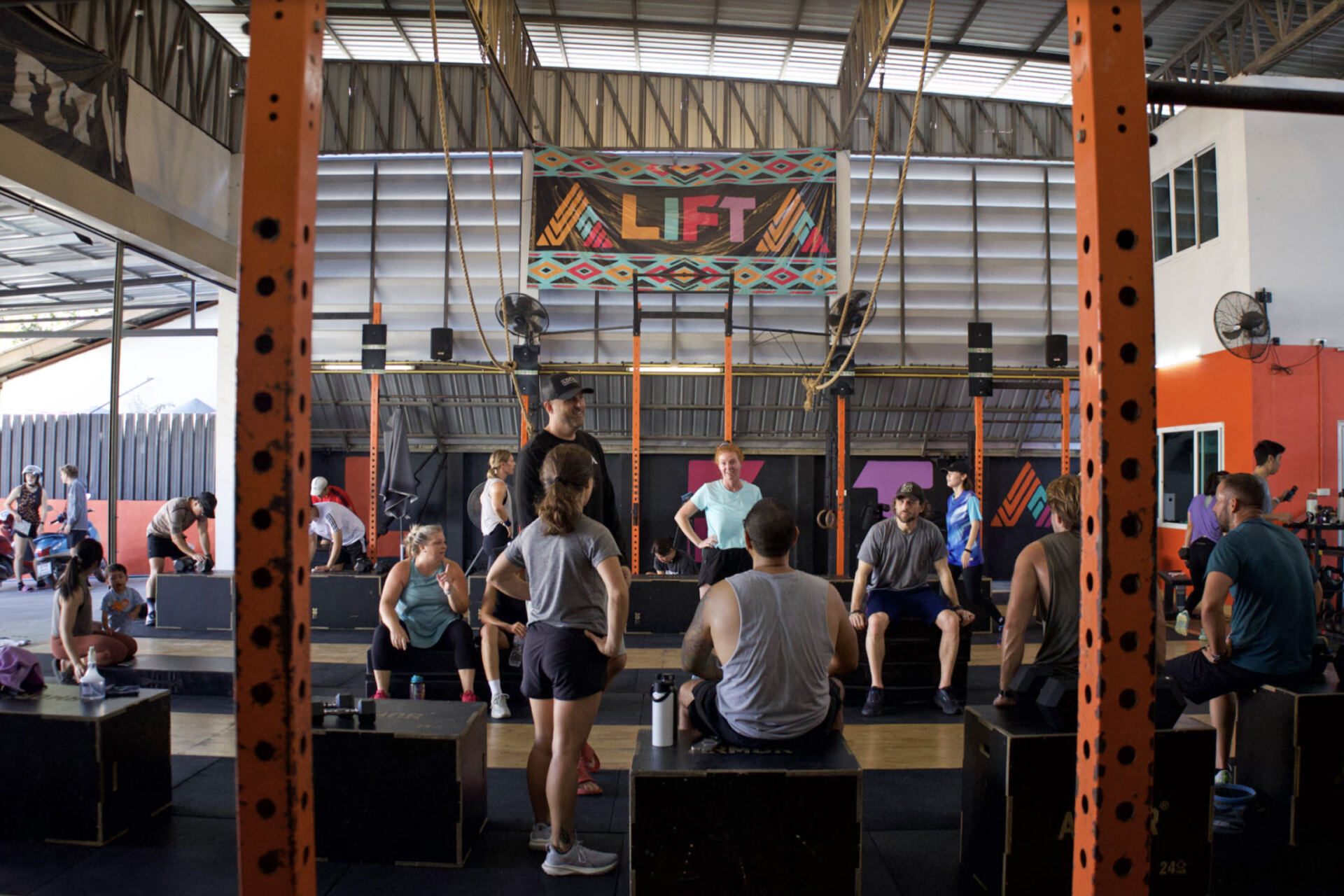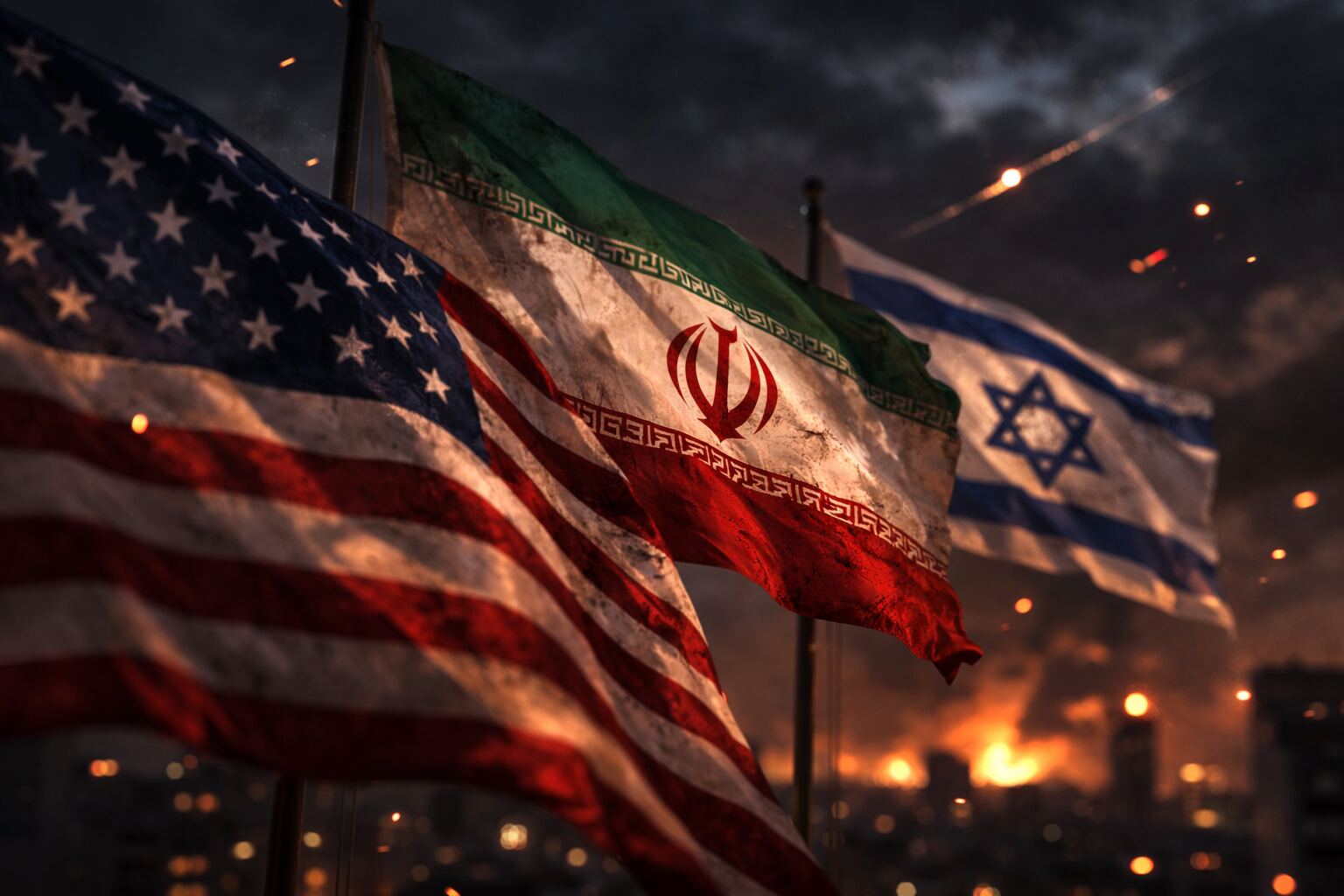DNA is the molecule that contains the genetic code unique to every individual, and the information coded in DNA is hereditary, meaning that it passes from parent to child.
Nearly a century ago, Dr. Raphael Thomas formed the missions agency now known as ABWE with his mother-in-law, Lucy Peabody, and became its first missionary, carrying the gospel to the Philippines. Although Dr. Thomas didn’t know what the future would hold, God was planning something amazing. He laid the foundation for bringing people to Jesus Christ.
Training and Teaching
“[A]nd what you have heard from me in the presence of many witnesses entrust to faithful men, who will be able to teach others also.” (2 Timothy 2:2 ESV)
Dr. Thomas laid the foundation for bringing many people to Jesus Christ, which was soon built upon by other faithful missionaries who developed ministries for training and teaching national leaders.
- In 1923, Doane Baptist Bible Institute in Iloilo City started training young men and women for the work of the Lord. The emphasis of their work was not only on evangelism but on disciple-making. Many national pastors, female workers called “Bible Women,” and missionaries were produced as a result.
- Ten years later, the Baptist Bible Seminary and Institute was born in Manila. The mission work carried out through the seminary has saturated cities, towns, and barangays with the gospel, and many Filipinos have come to know and surrender their lives to Jesus Christ. This Bible school made a huge impact in expanding the kingdom of God.
- Later, another Bible school was founded on the island of Leyte, called Leyte Baptist Seminary, while the Bukidnon Fundamental Baptist Seminary was started on the island of Mindanao. Other Bible schools were later started by pastors and Christian workers.
A Family Legacy
ABWE also established a medical clinic in the late 1940s, founded by missionary nurses. The clinic expanded when the late D. Lincoln Nelson, a naval physician, and his wife joined the missionary team, and it eventually became Bethel Baptist Hospital in 1973.
Both my parents studied at and graduated from Doane Baptist Bible Institute in Iloilo City in late 1960. After my father pastored several churches, he assumed the position of chaplain at Bethel Baptist Hospital, where my sister and I were born. My family then became members of Bethel Baptist Church in Malaybalay City—which was also a product of ABWE mission work.
In 1984, I became one of the first pioneer students to attend Bethel Baptist Christian Academy, started in the same city. After my high school graduation, I enrolled in the Baptist Bible Seminary and Institute in Manila, graduating in 1999.
The ministry of ABWE in the Philippines throughout these years has truly impacted my life. It has become rooted in my DNA for two reasons: sacrifice and love.
Sacrifice
Sacrifice speaks of the work of Jesus Christ. He left the splendors of heaven, came down to earth, lived a sinless life, and ministered to people—regardless of who they were and what they had been through. He gave his life as a ransom, shed his blood on the cross, was buried, and rose from the grave.
In retrospect, I can see that ABWE missionaries followed the example of their Savior, sacrificing so much by leaving the comforts of their home, their quality of life, and their friends and families to go to a country they had never visited before and face the challenges of a new culture, environment, and climate in obedience to God’s call.
They stripped themselves of past comforts and went to highways and byways, mountains and valleys to bring hope to the lost people like me who needed Jesus Christ, the Savior of the world.
Love for God and for People
As the saying goes, “People will not care about what you know until they know how much you care.”As part of the culture embedded in us as Filipinos, when we see foreigners come and embrace our culture, we begin to break down barriers and start to open up and reciprocate in return.
Through the years, we have valued the love that ABWE missionaries have shown, not only in word but also in deed. As a result, it pointed us to love God and know him more. They didn’t rest in the fact that people were getting saved through their faithful ministry. They made sure that believers were trained, developed to disciple others, and provided with resources so the ministry could continue to live on.
International Impact
Truly, truly, I say to you, unless a grain of wheat falls into the earth and dies, it remains alone; but if it dies, it bears much fruit. Whoever loves his life loses it, and whoever hates his life in this world will keep it for eternal life. If anyone serves me, he must follow me; and where I am, there will my servant be also. If anyone serves me, the Father will honor him. (John 12:24-26)
I have seen firsthand not only the cost of what it took to sacrifice themselves for the cause of Christ but the fruit that their faithful labor has produced. Over 1,000 churches have been planted in the Philippines, and many Filipino pastors are continuing to start churches—even venturing into cross-cultural ministry among other people groups in the country and around the world.
Today, we’ve seen vast numbers of immigrants from different countries arrive in the U.S. In 1998, I myself immigrated to the US and interned in one of the many churches planted by the late Geno Lubaton, who was trained through ABWE ministry in the Philippines.
The legacy of ABWE’s ministry lives on as the church in which I have been a pastor for the last 26 years is initiating its eighth church plant and continuing to make disciples. Many pastors like myself have been deprived of formal resources like books and training, but, even without these, we have been able to take these steps to plant churches because of what we have learned firsthand from other pastors.
Partnering with ABWE EveryEthne has truly fueled our passion to endeavor to sow the seeds of church planting through resources, training, and equipping the church congregation to do the work of the ministry. The cycle continues.
Think Locally, Act Globally
The model ABWE showed us in building God’s kingdom has challenged us to take the gospel to the ends of the earth, plant the seeds, and disciple believers until Jesus returns.
I have learned that the success of a church doesn’t only depend on the church’s seating capacity but on its sending capacity. I have seen that America, which was once a vehicle for spreading the gospel, is now a mission field with so many people groups all over the country that need to hear the gospel.
We will continue to carry the torch for the Great Commission as the heartbeat of our mission remains to reach the lost, plant churches, and produce disciple makers. We will continue the process until all have heard.
This is my DNA through ABWE.
Watch More of R.J.’s Story
Editor’s Note: A version of this article was originally posted by ABWE EveryEthne on June 24, 2024.





